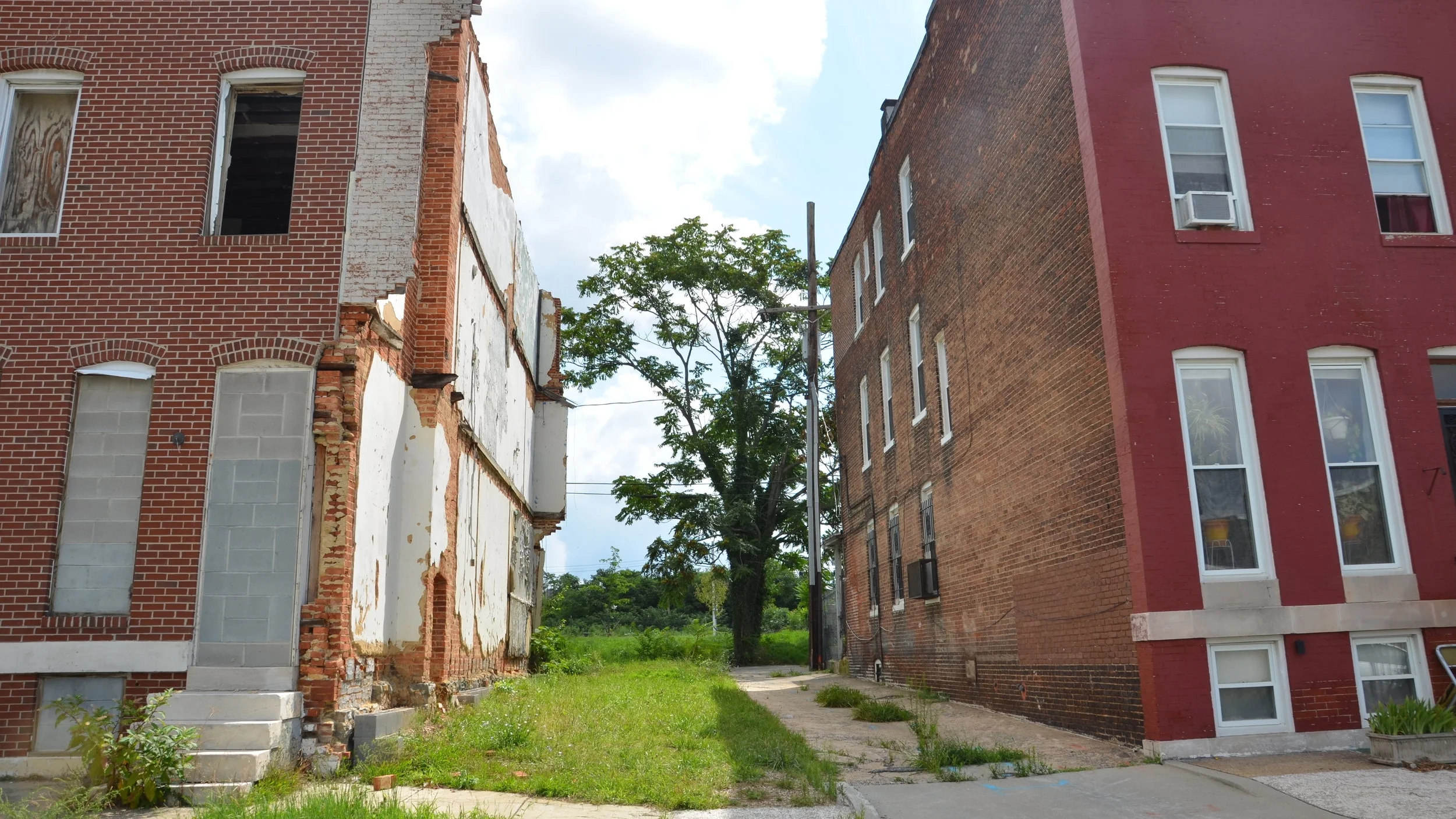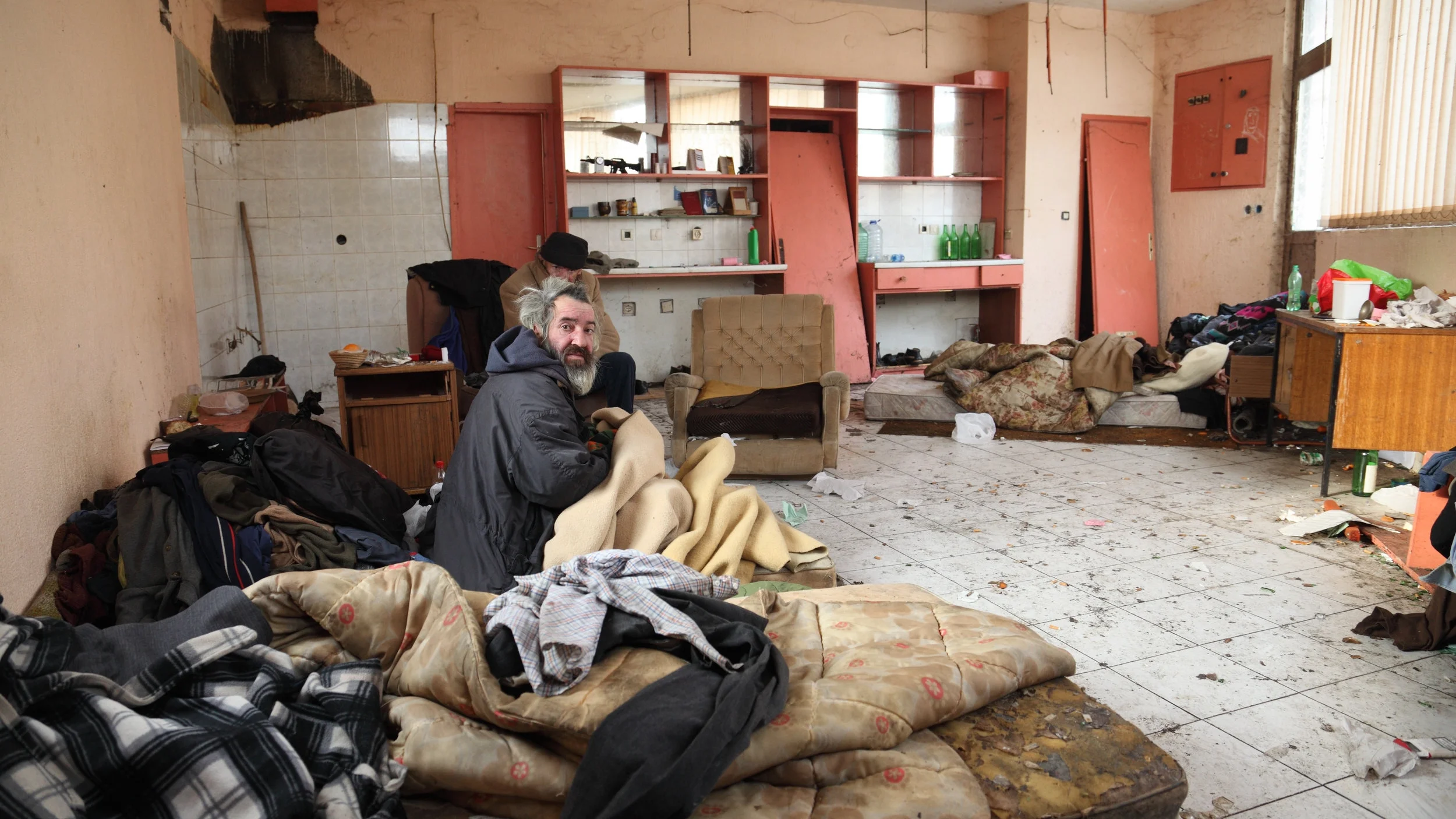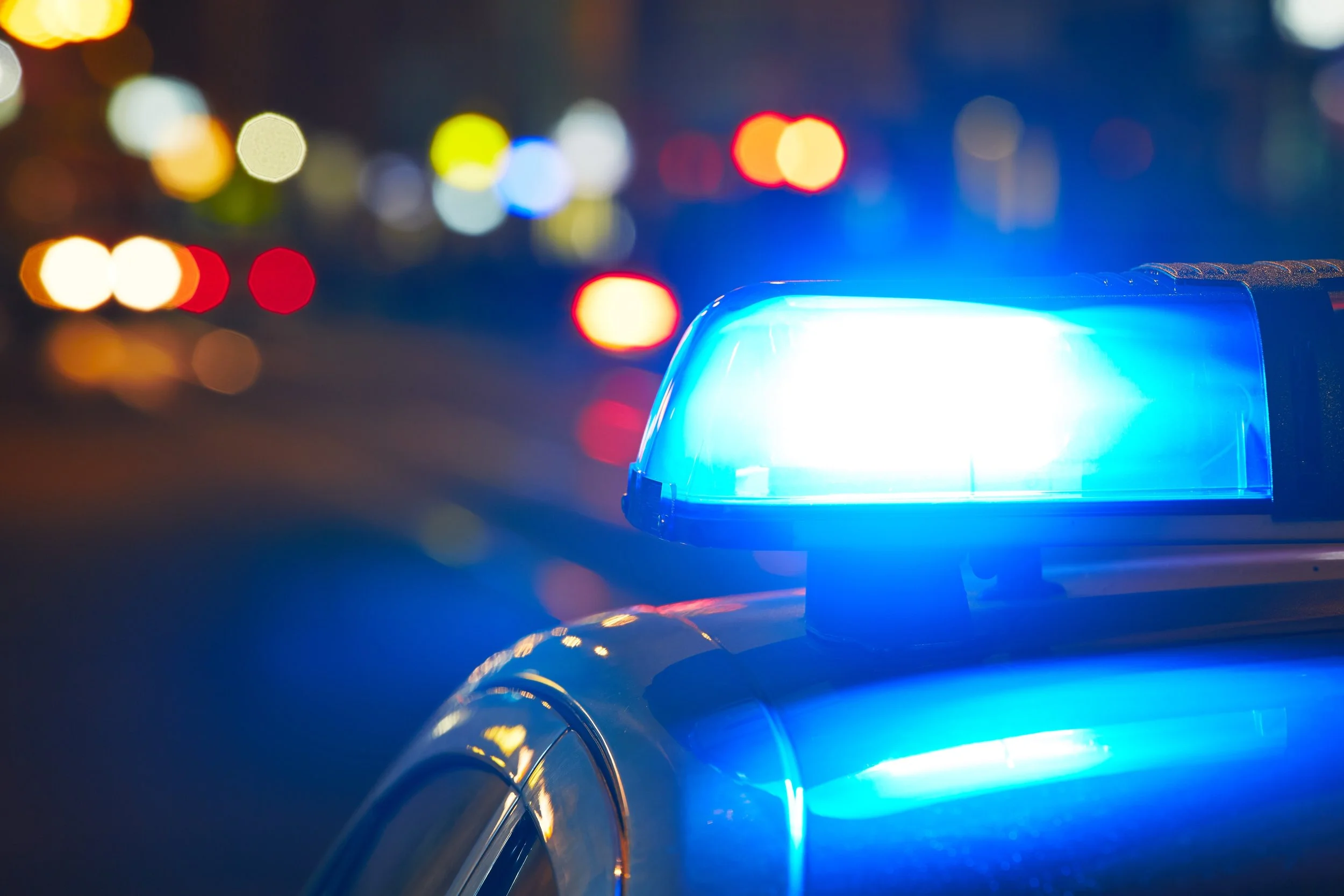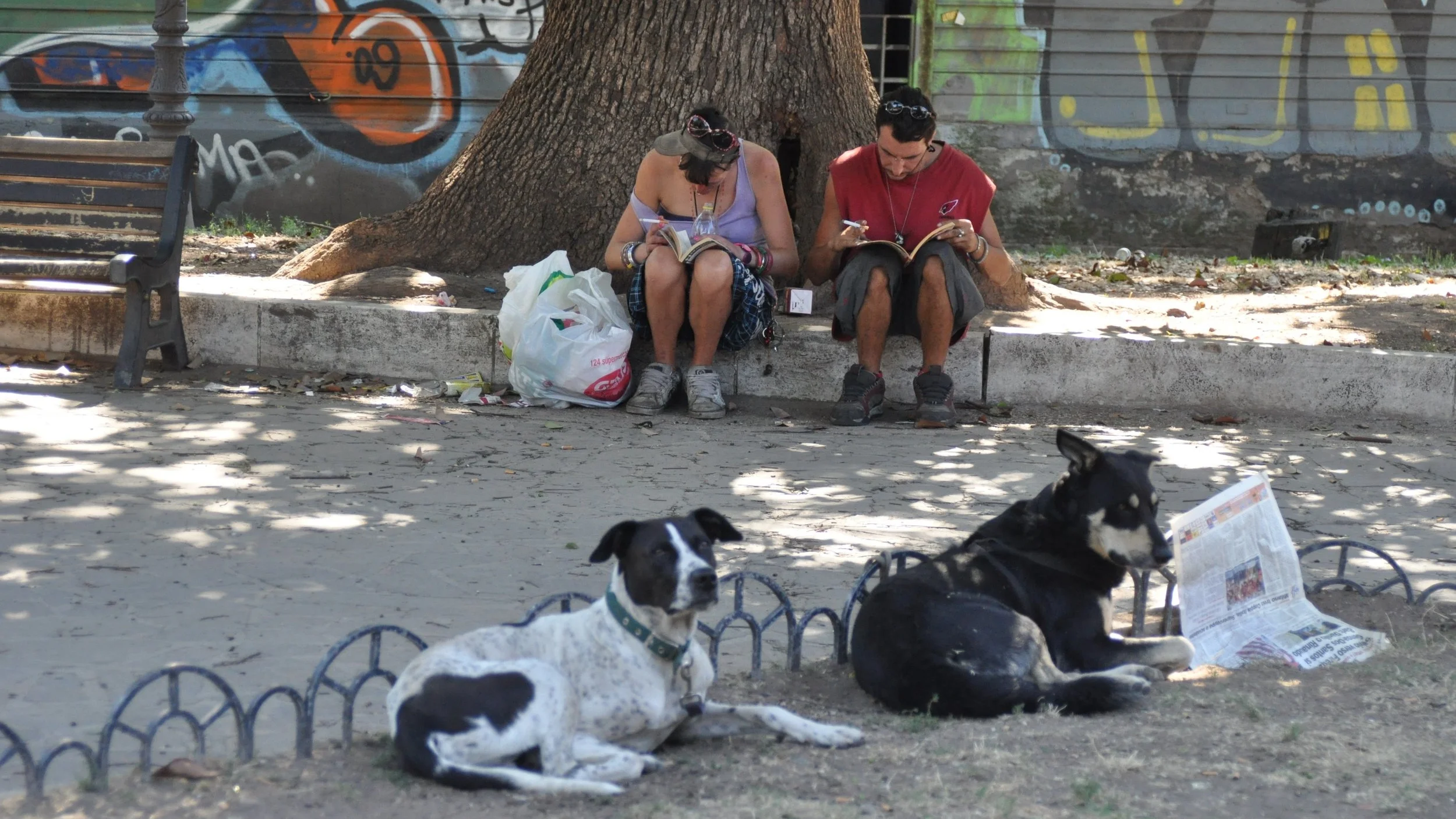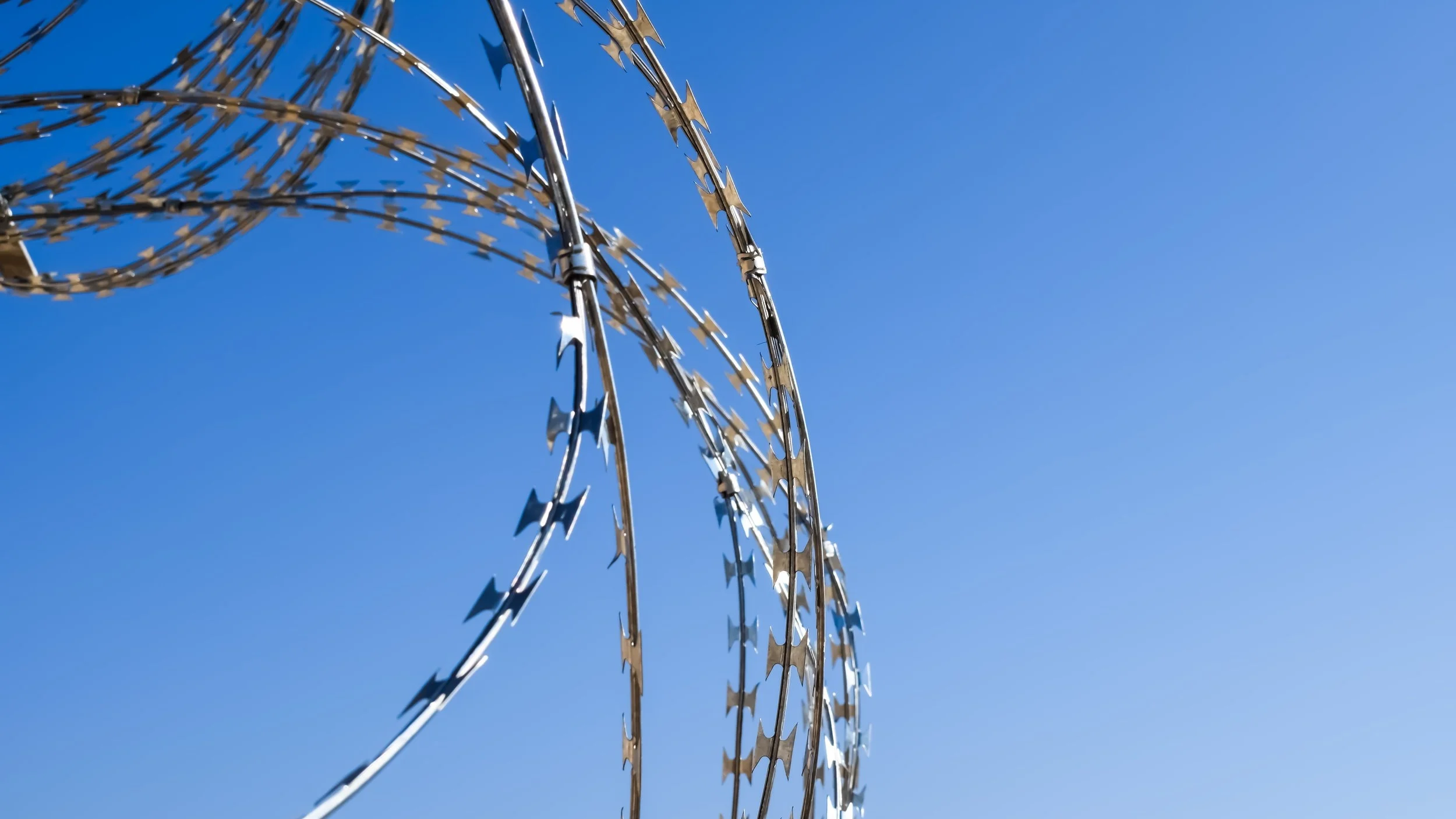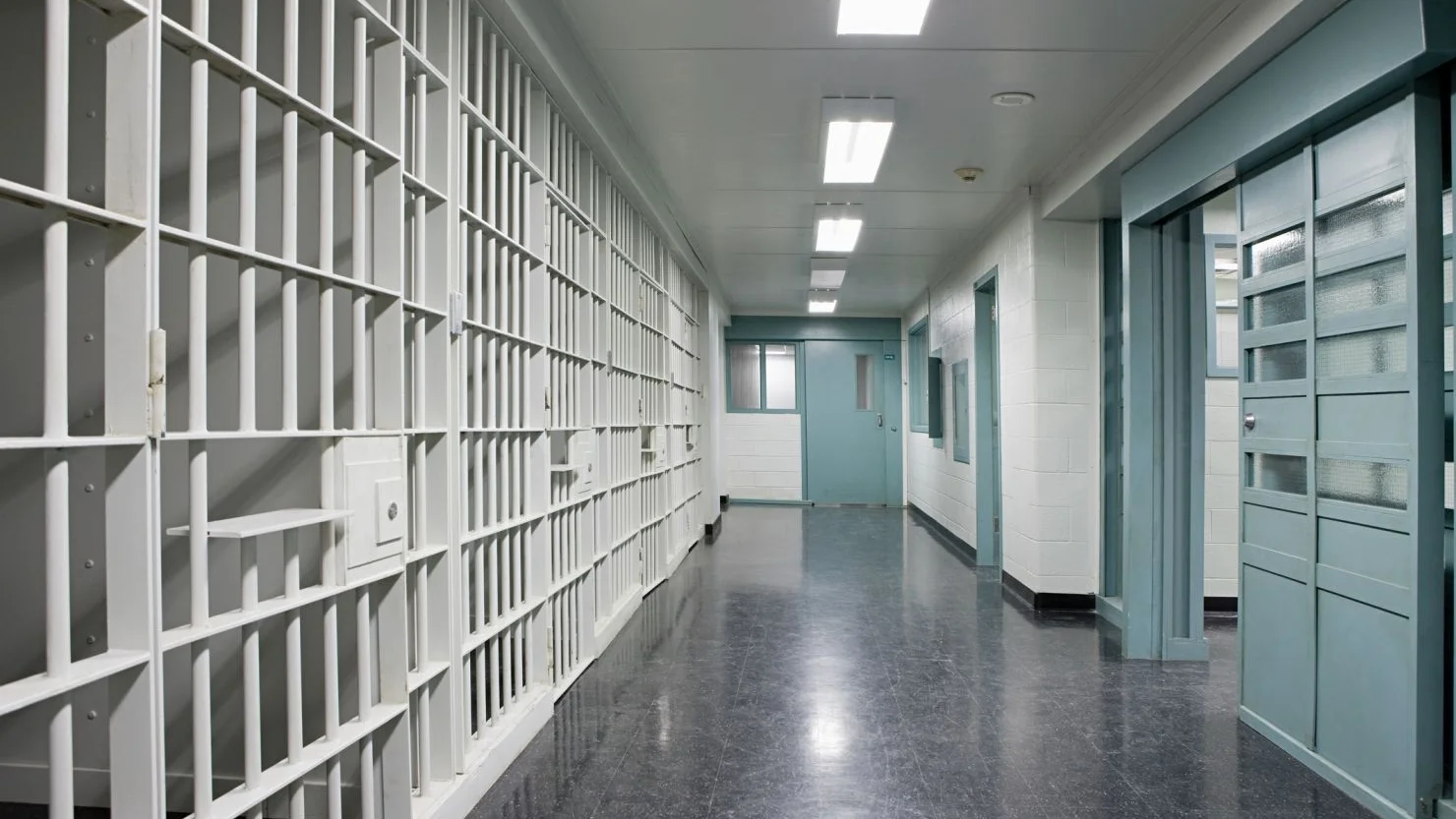Dispelling Myths About Poverty
What is Wealth-Based Discrimination?
Wealth-based discrimination is when our laws and policies disadvantage or punish people simply because they are poor.
Preventing a mother from visiting her sons in prison because she cannot afford to pay parking tickets is wealth-based discrimination. Forcing someone to leave town because their mobile home is not worth enough is wealth-based discrimination. Keeping someone in jail prior to trial simply because they cannot afford bail — while those who can afford bail go free — is wealth-based discrimination. In all of these examples (and many more), people are penalized just for a lack of financial means.
Poverty is an Urgent Problem in the U.S.
More people are falling into poverty, and we are imprisoning low-income community members at a faster rate than ever before.
Before the 1970s economic growth in the U.S. was associated with falling poverty rates, but that is no longer the case. Wealth inequality has exploded in the last few decades. The United Nations Special Rapporteur on Extreme Poverty and Human Rights concluded in a recent report that the United States “already leads the developed world in income and wealth inequality, and it is now moving full steam ahead to make itself even more unequal.”
The United States represents only 5% of the world’s population yet accounts for 25% of those behind bars. People experiencing poverty are at greater risk of being arrested and incarcerated for minor offenses than wealthier Americans. According to the Prison Policy Initiative, incarcerated people have a median annual income of $19,185 on average — 41% less than individuals within their same age groups. Far too often it is the poorest members of society who sit in jail.
Poverty is Criminalized
Poverty in our justice system is too often treated as a criminal offense.
Take driver’s licenses for instance: A driver with a busted tail light will be assessed a fine. For many living in poverty, they cannot afford to pay. If left unpaid, most states will eventually suspend the driver’s license.
Unless the person lives in a city with reliable public transportation, they will have to keep driving to stay employed – putting themselves at higher risk of punishment. Driving on a suspended license leads to additional suspension time and fines, a criminal record, and possible jail time. A simple lack of money can have devastating impacts on one’s livelihood.
The collateral consequences do not end there. Someone who can’t drive has a hard time staying employed or finding another job. A study in New Jersey showed that 42% of drivers who had suspended licenses lost their jobs and could not readily find another. Eligibility for public housing is restricted or denied if the applicant has a criminal record, including misdemeanors such as driving with a suspended license. Local public housing authorities can be even more restrictive and evict occupants if a member of their family or another person residing in commits a crime, such as a misdemeanor drug offense.
For someone with low income, having a busted tail light leads to criminal consequences, loss of employment, and even homelessness.
Cycles of Poverty are Created by Bad Policies
People experiencing poverty are at greater risk of being fined, arrested and even incarcerated for minor offenses than wealthier individuals.
With few laws or policies meant to protect them, those experiencing poverty are often forced into dangerous situations that create additional barriers for people to access much needed public support and services. Many experiencing poverty continue to be discriminated against without the means to escape poverty, resulting in an endless cycle.
A clear example of such discrimination is home banishment laws. Some small towns in the U.S. have enacted ordinances mandating that mobile homes appraise at a particular value, often double the average mobile home worth, effectively banning mobile homes altogether. This exclusionary behavior deprives individuals of access to better schools, libraries, and recreational facilities. This societal banishment can have a harmful effect on an individual’s lifelong development and can lead to a cycle of homelessness, criminalization, unemployment and lack of education. If the government is not going to help end cycles of poverty, at the very least, it should not create them.
Society can only end cycles of poverty by equipping people with the tools they need to be successful. Many people have a difficult time escaping the criminal justice system once they have entered it. Their inability to pay bail or a traffic ticket traps them, even if they have never been convicted of a crime. Academic research has confirmed that the best ways to reduce crime are by improving employment, promoting stable housing and encouraging social relationships. By creating barriers to family relationships, employment and housing, our justice system actually increases recidivism rates. As a result of such counterproductive laws, we are all less safe.
Mass Incarceration is the Result of Discrimination Against the Poor
The U.S. prison population is primarily made up of the most disadvantaged individuals in the nation's population.
Our prison surge is mostly due to the war on drugs. Since 1970, drug arrests have skyrocketed rising from 320,000 to close to 1.6 million according to the Bureau of Justice Statistics of the U.S. Department of Justice. Aggressive police practices — such as stop and frisk and broken window policies — disproportionately target minority and low-income neighborhoods.
Mandatory minimum punishments for victimless crimes, such as possession of marijuana, are disproportionately directed at people living in poverty. Such individuals are easy targets for overzealous prosecutors - unable to afford legal counsel, people experiencing poverty lack the tools to effectively fight back. When someone is imprisoned for years or decades because of a victimless crime, the entire community suffers from the loss of a parent, sibling, co-worker, or employee.
Policy experts know that there are better answers than simply punishing people. The failed War on Drugs is perhaps the most extreme example of over-criminalization. Enforcement costs the U.S. more than $51 billion each year, according to the Drug Policy Alliance. As of 2012, this country had spent $1 trillion on anti-drug efforts. Time and time again, we see our justice system using punishment as a one-size-fits-all quick fix rather than investing in long-term prevention and treatment.
Privatization Doesn't Save Taxpayers Money
Privatization of our criminal justice system pRIORITIZES profits over people and creates incentives for extortion, corruption, and prolonged imprisonment.
In 2015 about 126,000 prisoners were held in private prisons in 29 states. That’s an 83% increase since 1999, according to the Bureau of Justice Statistics. By comparison, the total U.S. prison population increased 12% during that span. Large prison populations have led to a business of caging people by profit-seeking private-prison companies. Political lobbying in favor of prison construction in turn demands humans to feed into the system. This sprawling prison system imposes staggering economic, social, and political costs across the nation.
Private probation companies have become one of the leading culprits for violating constitutional rights. The number of people on probation or parole is staggering: in December 2016, 4.5 million adults were under criminal supervision. Courts in a dozen states have signed contracts with private companies to handle the load. Some counties are laying off their public probation officers and allowing private companies to earn profits from the citizenry.
Too often, these private companies do not provide the needed rehabilitation services — such as help locating employment or housing — and instead they threaten probationers with jail to squeeze out exorbitant “probation fees.” Such practices destabilize housing, employment, and family relationships, and result in people going to jail simply because they cannot afford to pay a private company.
Our current justice system has been infiltrated by privatization including prisons, probation, GPS tracking devices, and even courts that use private individuals as judges. Criminal justice should not be a profit center. This country’s legal system has for centuries been premised on neutral arbiters deciding guilt, innocence, and administration of justice. We mistrust any arrangement where actors in the system stray from their duty to administer justice impartially in exchange for personal profits.
When private companies profit from the jailing of others, perverse incentives corrupt our justice system with catastrophic results. As long as they exist, their leaders will support policies that fill every jail bed and line corporate pockets.


